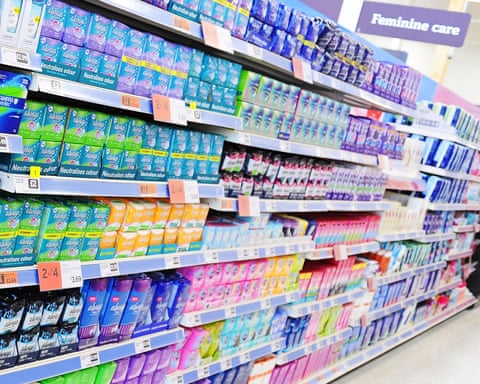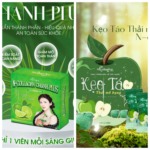A recent investigation conducted by the UK Pesticide Action Network (PAN UK), Women’s Environmental Network, and Pesticide Collaboration has revealed alarming findings. According to their report, glyphosate was detected in a tampon sample at a concentration of 0.004 mg/kg—a shocking 40 times higher than the maximum allowed level in drinking water as per UK and EU regulations (0.0001 mg/kg).
Experts warn that direct exposure to glyphosate through the vaginal area can allow harmful chemicals to enter the bloodstream directly, bypassing the body’s detoxification systems. This increases the potential for harm, even with small amounts of exposure.

Photo by Dorset Media Service/Alamy
The study tested 15 boxes of tampons from popular UK brands, and traces of both glyphosate and aminomethylphosphonic acid (AMPA)—a breakdown product of glyphosate—were found in the samples.
The likely source of contamination is the widespread use of glyphosate in cotton farming, the primary material used for tampons. Cotton is one of the most chemically intensive crops globally, with up to 300 different types of pesticides used in its production.
Despite previous reports of heavy metals like lead and arsenic being found in feminine hygiene products, the UK government currently has no regulations controlling harmful chemicals in menstrual products, including tampons.
Josie Cohen, the interim director of PAN UK, expressed outrage at the situation: “This is a blatant loophole in health and safety regulations. We were shocked to find this toxic chemical so openly available on shop shelves. We cannot allow women and girls to be exposed to harmful chemicals in products they are required to use every month.”
The report urges the UK government to immediately establish a chemical testing program for feminine hygiene products to ensure they are completely free from harmful pesticides. Additionally, it calls for a reduction in the use of glyphosate and similar chemicals in agriculture and consumer products.
Source: The Guardian
Police Launch Major Crackdown on Fake Milk and Medicine: 33 Charged in Three Serious Cases
“In response to the shocking milk and medicine counterfeit scandals, Vietnam’s Ministry of Public Security has taken decisive action. They have prosecuted 33 suspects, addressing not only the counterfeiting but also tax evasion totaling over 121 billion VND through the maintenance of two separate accounting systems.”


















